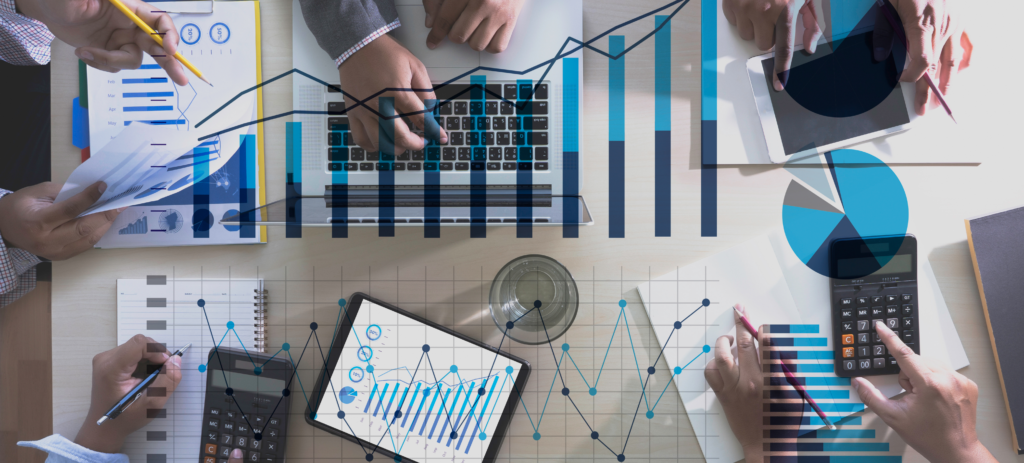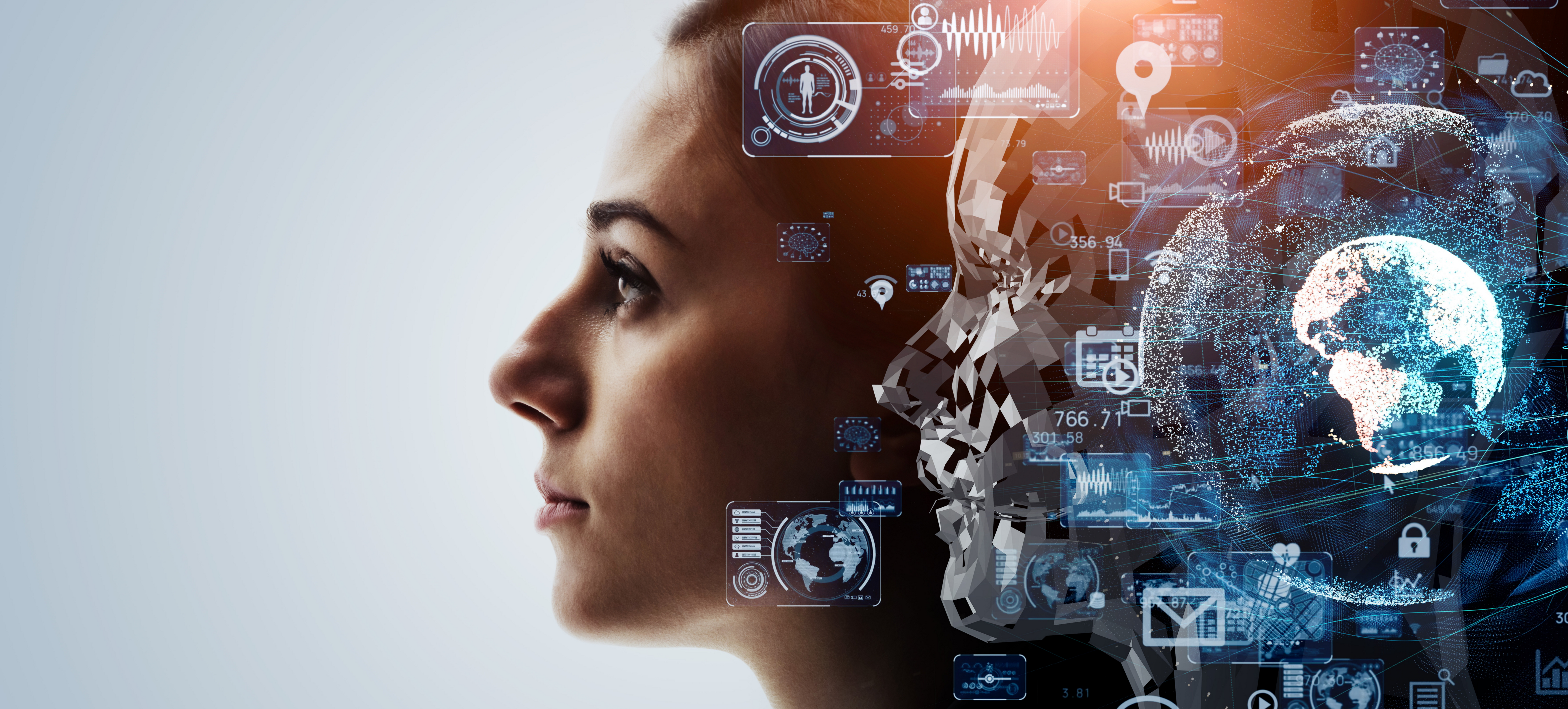
How Machine Learning and Azure AI reshaping the future of manufacturing
Machine learning and Azure AI have been contributing to the manufacturing sector’s great success. These techniques transform and structure modern age production. Continue reading to learn how the manufacturing industry is being affected by machine learning and Azure AI.
Machine learning and AI learning are the pillars of the future. AI, or artificial intelligence as we know it, is a technique to build systems that imitate human behavior and decision-making and is shaping the future to be machine-dependent. Similar to AI, machine learning is a technique that uses various data to solve tasks and make processes easier. Machine learning data is derived from mathematical approaches like probability and used to automatically solve predicted tasks.
Machine learning can be divided into three parts. There is reinforcement learning, often utilized along with deep learning that derives relationships between features of a data set, commonly not very well solved by human research. Reinforcement learning and deep learning have been making tremendous developments in the field of medicine lately. Machine learning also includes supervised and unsupervised learning. Supervised learning allows data collection to produce a result based on previous experiences that assist the manufacturer to optimize performance, whereas unsupervised learning groups unsorted data and information where no previous experience is provided. It processes data on the basis of similarities, patterns, or even differences.
Growth and rejuvenation of manufacturing
The manufacturing sector is the backbone of every economy worldwide. Every subsequent sector is provided for by the manufacturing sector, and as essential as the process is, It requires growth. Advancements in the manufacturing process create room for efficiency, better frequency, and great performance.
AI learning has been reshaping the manufacturing process by simplifying data processes and solving information issues largely. With components like a combination of supervised and unsupervised learning, manufacturers can benefit largely as various operations will be simplified, and many data issues can be solved efficiently.
The manufacturing sector is undoubtedly leading in the application of artificial intelligence technology. From time-efficient manufacturing to better-designed products, manufacturers apply AI-powered analytics to data which in turn improves efficiency, product quality, and generates employment. Here are some ways how machine learning and Azure AI have been reshaping the future of manufacturing:
- Industry broadening and smart maintenance
When we talk about manufacturing, it is customary to include maintenance. The maintenance of production line machinery can be very expensive, which creates a crucial impact on the manufacturing of asset-reliant productions. According to research, unplanned downtime costs of maintenance for machines and equipment can be a burden for manufacturers in billions.
As a result, predictive maintenance proves to be a must-have solution for manufacturers, helping them predict the failure of their next machine or system. Predictive maintenance uses advanced AI algorithms that help formulate predictions for failure or faults in equipment using machine learning. Timely maintenance reduces unplanned downtime expenses of manufacturers drastically and extends the remaining useful life of the equipment.
- High-end quality
Markets have grown complex. Due to today’s deadlines and product demands, manufacturers find it increasingly harder to keep up with high levels of quality, along with compliance to various regulations and standards. Businesses thrive on quality as it strengthens their brand name and sale.
Azure Learning is the best solution to maintain quality standards; a cloud computing service capable of powering complex industrial operations at a global level. The system is capable of notifying manufacturing teams of possible production faults likely to cause major issues. Azure Learning can help achieve brilliant quality standards for products and also save costs on unnecessary updates or faulty systems.
Tensorflow, an end-to-end open-source platform for machine learning can also help manufacturers with automated quality control services. It uses object detection services like visual inspection and identification to enhance product quality.
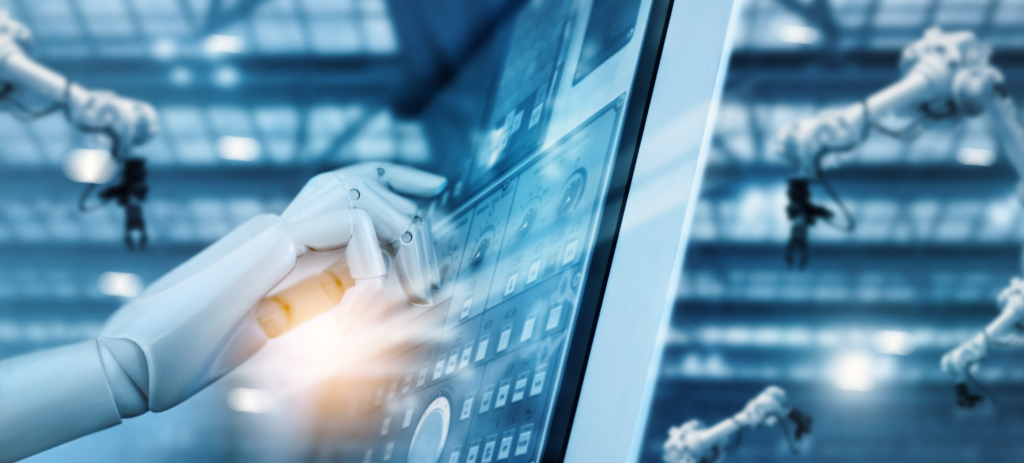
- Human-Robot Alliance
According to experts, when AI learning is implemented, it is capable of replacing manpower largely. As more and more jobs are delegated to robots, humans will be allowed to focus on better jobs considering design, maintenance, and programming. Accordingly, human-robot alliances can impact manufacturing greatly and enhance the process altogether. For the purpose of advancement in the manufacturing sector, a collaboration of humans with AI technology should be a safe process as industrial robots join the production. It can be made safer by conscious programming and proper testing of AI systems and functions.
An existing example of this human-robot collaboration is the AI chatbot. AI chatbot serves as a brilliant assistance system resolving simple and complex queries on its own as it continues learning through interactions. This further reduces the need for extensive manpower for general queries and minor problems.
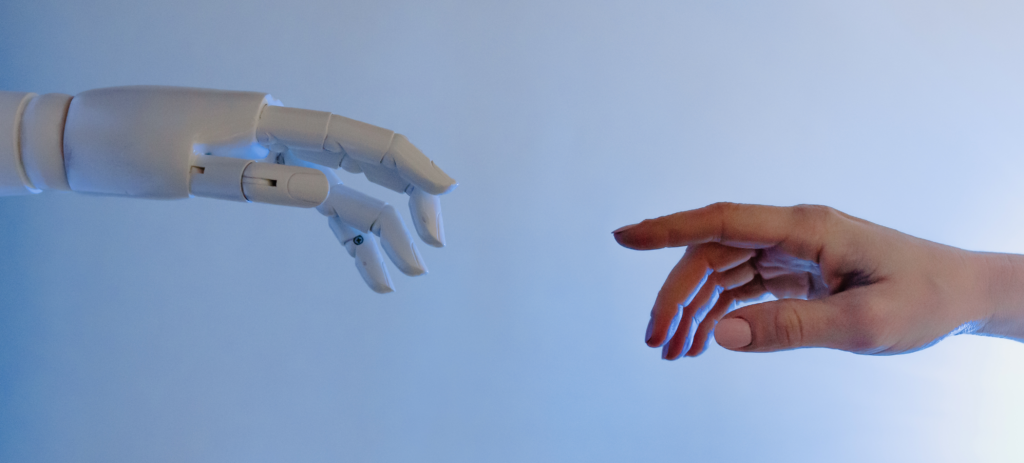
- Better design
Since AI learning is a revolutionary innovation for the manufacturing world, it provides a better outlook for design as well. Generative design software is designed to get detailed inputs from designers and engineers, including data describing various parameters for the design, like material selection and production methods. It can also include restrictions like budget and time constraints.
The algorithm associated will help you explore many configurations for your design before selecting the best solution, tested by machine learning. This software is useful for finding optimal designs based on actual tests and reducing wastage and expenses.
- Adapting to transitioning market
AI learning is an essential element in this new industrial revolution. The evolution of the manufacturing sector is necessary for better products and services. As much as AI has developed in the last couple of years, it is not limited to just production in the manufacturing process but can also help optimize supply chains and keep up with the transitioning market. Tensorflow is one such application that helps manufacturers keep in touch with the ever-changing market. It creates a framework for testing and development and also can be used to observe and adapt to trends and different factors of changing market conditions regularly.
The above ways indicate that the manufacturing sector is a great fit for AI applications and assistance. According to experts, The process of manufacturing would lose human touch due to manpower replacement and its authenticity once entirely replaced. But it will benefit greatly from AI advancements as humans would take over more important jobs relating to maintenance and optimization rather than labor-intensive. AI in the present world is reshaping the service and manufacturing world by providing various services and systems related to maintenance, design optimization, and assistance.
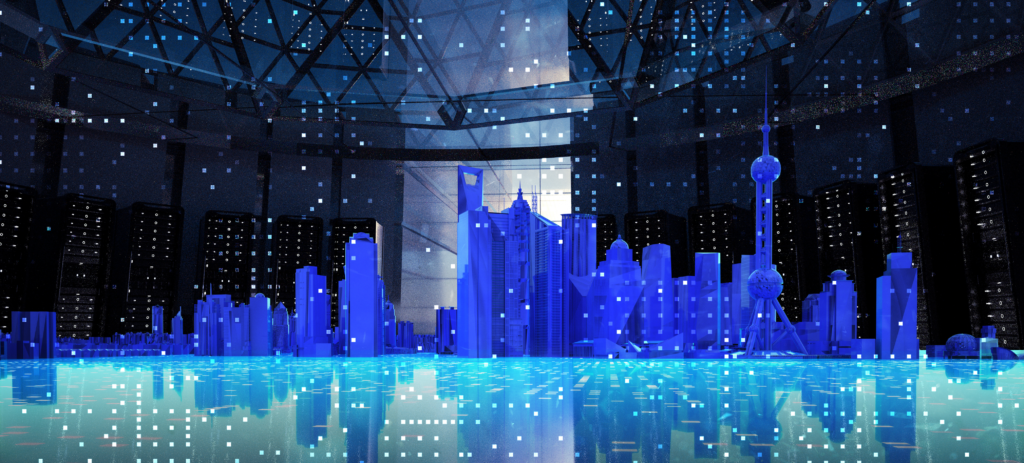
As AI learning advances, many businesses and manufacturers require AI-centric services to expand and grow. Metadata Technologies provides manufacturers with various services helping them grow and conquer the modern-day market and enhance their production. Visit https://www.metadatacorp.com/ for more information.

 Apr 19, 2022
Apr 19, 2022


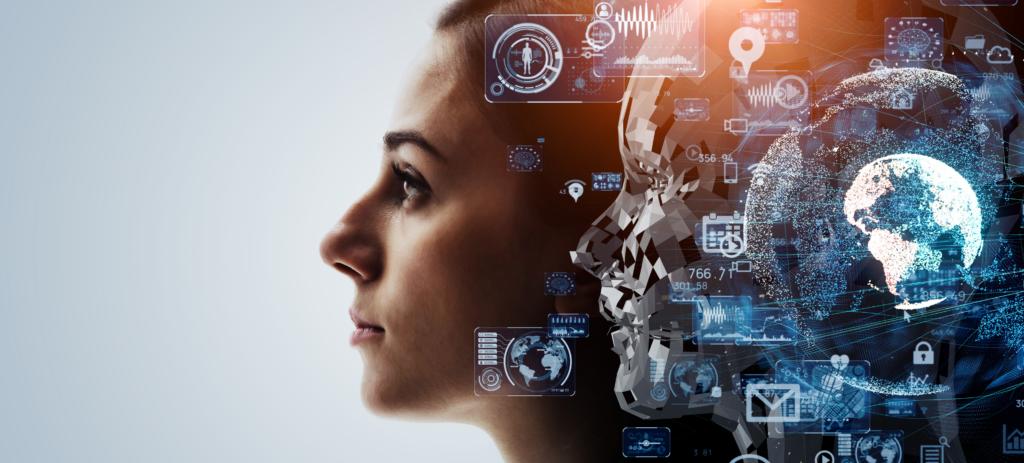
 12:00:39am
12:00:39am